Work Visa
Can a Graduate of a Japanese Vocational School Obtain a "Gijinkoku" (Engineer / Specialist in Humanities / International Services) Visa?
- 2025.04.03

Nowadays, with increasing globalization, the number of foreign workers in Japan has been rising. As of June 2023 (Reiwa 5), the number of foreign residents in Japan has reached approximately 3.22 million, marking a record high. Among them, around 350,000 foreign workers hold Engineer / Specialist in Humanities / International Services visa, commonly known as "Gijinkoku" Visa. In this column, we will focus on the following key points: • What is the Gijinkoku Visa? • What types of jobs qualify under this visa? • Can graduates of vocational schools obtain this visa?
What is the “Gijinkoku” Visa (Engineer / Specialist in Humanities / International Services)?
What is the “Gijinkoku” Visa?
The “Gijinkoku” visa is one of the residency statuses issued for foreign nationals to work in Japan. Its purpose is to allow foreign workers to utilize their specialized knowledge and technical skills to contribute to Japan. This visa applies to work that requires expertise in natural sciences, humanities, or knowledge of foreign cultures. Due to its long official name, it is commonly referred to as the “Gijinkoku” visa.
(The term “Engineer / Specialist in Humanities / International Services” will be referred to as “Gijinkoku” in this column.)
Unlike the “Specified Skilled Worker” visa, which is intended to address labor shortages, the “Gijinkoku” visa is not aimed at fulfilling general labor demands.
Jobs Recognized Under the “Gijinkoku” Visa
What types of jobs qualify under this visa? Generally, they are white-collar positions related to the applicant’s previous studies, work experience, or cultural and linguistic expertise from their home country. Below are some examples:
Engineer Sector: Mechanical engineers, system engineers, programmers, cybersecurity experts, etc.
Humanities Sector: Planning, sales, accounting, human resources, legal affairs, general affairs, consulting, public relations, marketing, product development, etc.
International Services Sector: Interpreting, translation, design, trade, language instructors at language schools, hotel staff whose main work is interpretation, etc.
Can a Graduate of a Japanese Vocational School Obtain a “Gijinkoku” Visa?
A Vocational School Graduate Can Obtain a “Gijinkoku” Visa!
If we are going to straight this point, the answer is yes, a graduate from a Japanese vocational school can obtain a “Gijinkoku” visa. However, compared to university graduates, the requirements are stricter because vocational school curriculums have fewer academic subjects. The key factor is whether the applicant’s field of study directly correlates with their job.
Below is a table showing relevant fields of study and corresponding job types:
*We will explain about graduates of overseas vocational schools in section 2-(3) below.
|
Field of Study |
Job Type |
|
Business |
Sales, marketing, business management |
|
Tourism & Hotel |
Travel services, hotel front desk operations |
|
Translation & Interpretation |
Document translation, interpretation, liaison between companies |
|
Accounting & Finance |
Accounting, finance, business planning |
|
Photography, Graphic Design |
Advertising production, image processing, video editing |
|
Interior Design |
Interior design for stores and offices |
|
Sports Business |
Corporate sales, marketing, planning |
|
Web Design |
Planning & production of websites and services |
|
IT & Information Science |
System and software development, programming |
|
Mechanical Engineering |
Engineering, research & development |
|
Automotive Maintenance |
Automotive repair, car sales |
|
Architecture & Construction |
CAD-based design, construction management |
|
Electronics |
Circuit design, electronic development |
When a Vocational School Graduate May Face Disadvantages in Obtaining a “Gijinkoku” Visa
-
More than Half of the Courses are Japanese Language Studies
Points to Consider for Those Who Plan to Choose a Vocational School and Obtain a Gijinkoku Visa to Work in Japan in the Future
Some vocational schools include a significant number of Japanese language classes, making the curriculum less specialized. If more than half of the courses are Japanese language courses and business manners, immigration authorities may consider it insufficient for “specialized knowledge.”
In fact, in some previous cases, it was pointed out that study subjects such as Japanese language and business manners were not recognized as specialized subjects while Japanese language education for interpreter training was an exception.
-
Exceeding the 28-Hour Weekly Work Limit During Studies
-
- Currently, at the time of submitting the application for Gijinkoku visa, a certificate of taxation of resident tax (showing income) is required. From this certificate, the approximate hours of part-time job performed in the previous year can be estimated.
- During a vocational school program, foreign students are allowed to work part-time for up to 28 hours per week (or 8 hours per day during long holidays). If this limit is exceeded, it constitutes a violation of the permission to engage in an activity other than those permitted by the status of residence previously granted, which can result in visa denial.
3. Academic Performance Matters
- The immigration office reviews study subjects and grades of transcripts to assess the applicant’s expertise. If coursework is directly related to the intended job, it increases approval chances. However, consistently poor grades can negatively affect the application.
-
Attendance Rate is Considered
-
- Schools issue attendance certificates. If an applicant has poor attendance, it may raise concerns with immigration officers. Extremely low attendance may even lead to expulsion, which is reported to immigration authorities, making it difficult to switch to a work visa.
- The student will be returning to his/her home country once and then re-entering after about a year.
* Can Graduates from Overseas Vocational Schools Obtain a “Gijinkoku” Visa?
As a general rule, overseas vocational school graduates do not meet the academic requirements for a “Gijinkoku” visa. However, if they have 10 or more years of relevant work experience, they may qualify under professional experience criteria.
Precautions for Foreigners Working in Japan
Equal or Higher Salary Compared to Japanese Workers (Equal Pay for Equal Work)
Foreign workers must receive a salary equivalent to or higher than that of Japanese employees in the same role.
Example:
- Person A: Cannot speak Japanese / No work experience
- Person B: Can speak Japanese / Has work experience
- If Person A and Person B perform the same job duties → There should be no difference in wages.
- If Person A and Person B perform different job duties → A difference in wages is acceptable.
Additionally, the “Equal Pay for Equal Work Guidelines” by the Ministry of Health, Labour and Welfare (MHLW) acknowledge that there may be differences in work conditions and state the following regarding wage differences based on job realities:
“Base salaries may be determined by various factors, such as employees’ skills and experience, performance and achievements, or years of service. Recognizing this reality, wages must be paid according to these factors: if there is no difference in job realities, wages should be the same; if there is a difference, wages should be adjusted accordingly.”
Source: Ministry of Health, Labour and Welfare | Equal Pay for Equal Work Guidelines
Stability of the Employer’s Business
The financial stability of the company offering employment is also assessed during the visa application process. The company must offer fair working conditions, salaries, and stable operations.
Behavior Before Applying for a “Gijinkoku” Visa
When applying for, renewing, or changing visa status, applicants’ conduct must be good. Factors that can negatively affect the application include:
- Unpaid taxes
- Criminal records involving imprisonment or fines
- Juvenile offenses under legal supervision
- Connections to organized crime groups
Conclusion
Under specific conditions, graduates of Japanese vocational schools can obtain a “Gijinkoku” visa. The key factor is ensuring that the applicant’s field of study aligns with their job role. Immigration professionals are well-versed in these criteria, so if you have concerns, feel free to seek expert guidance.
For those planning to enroll in or currently attending a vocational school, remember that academic performance, attendance, and personal conduct also play a significant role in the visa approval process. We encourage students to lead a responsible and fulfilling academic life to enhance their chances of securing a work visa in Japan.
Please feel free to contact us if you have any questions about your status of residence or visa, even if they are trivial.
Toll free number: 0120-138-552
For English speaker: 080-9346-2991
For Chinese speaker: 090-8456-6196
Editor of this article
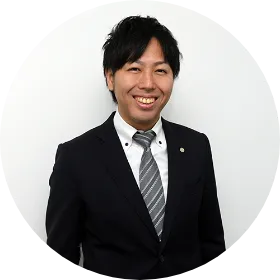
- Ryota Yanagimoto
- Administrative Scrivener/Judicial Scrivener
At the age of 24, he passed the national examinations for judicial scrivener, administrative scrivener, and wage service manager at the same time.
While working as a full-time lecturer at a major prep school, he independently opened a legal office related to judicial scriveners and administrative scriveners,
and he has experience as a judicial scrivener and an administrative scrivener for more than 15 years so far.
He has been actively contributing to various industries such as publicly listed companies, real estate companies, financial institutions, elderly care services, and professional organizations by conducting seminars, lectures, and talks.
And now he has a record of over 60 presentations so far.
Furthermore, as the president of a Japanese language school announced by the Ministry of Justice and Acts, and an advisor to a real estate company (capable of handling foreign clients),
he has been involved in various aspects of industries related to foreigners.
It is recommended to consult with experts when it comes to visas, naturalization, and residency matters.

Our office has specialized experts in visa and naturalization applications who are available to assist with free consultations (limited to the first session) and inquiries related to various visa applications and naturalization applications.
Additionally, we have foreign staff proficient in English, Chinese, and Korean languages with specialized knowledge, and they are present to provide support. They can accommodate consultations and inquiries in each language. Feel free to use our free consultation and inquiry services from here.
Popular articles
New article
-

- Work Visa
- 2025.04.03
Can a Graduate of a Jap...
-
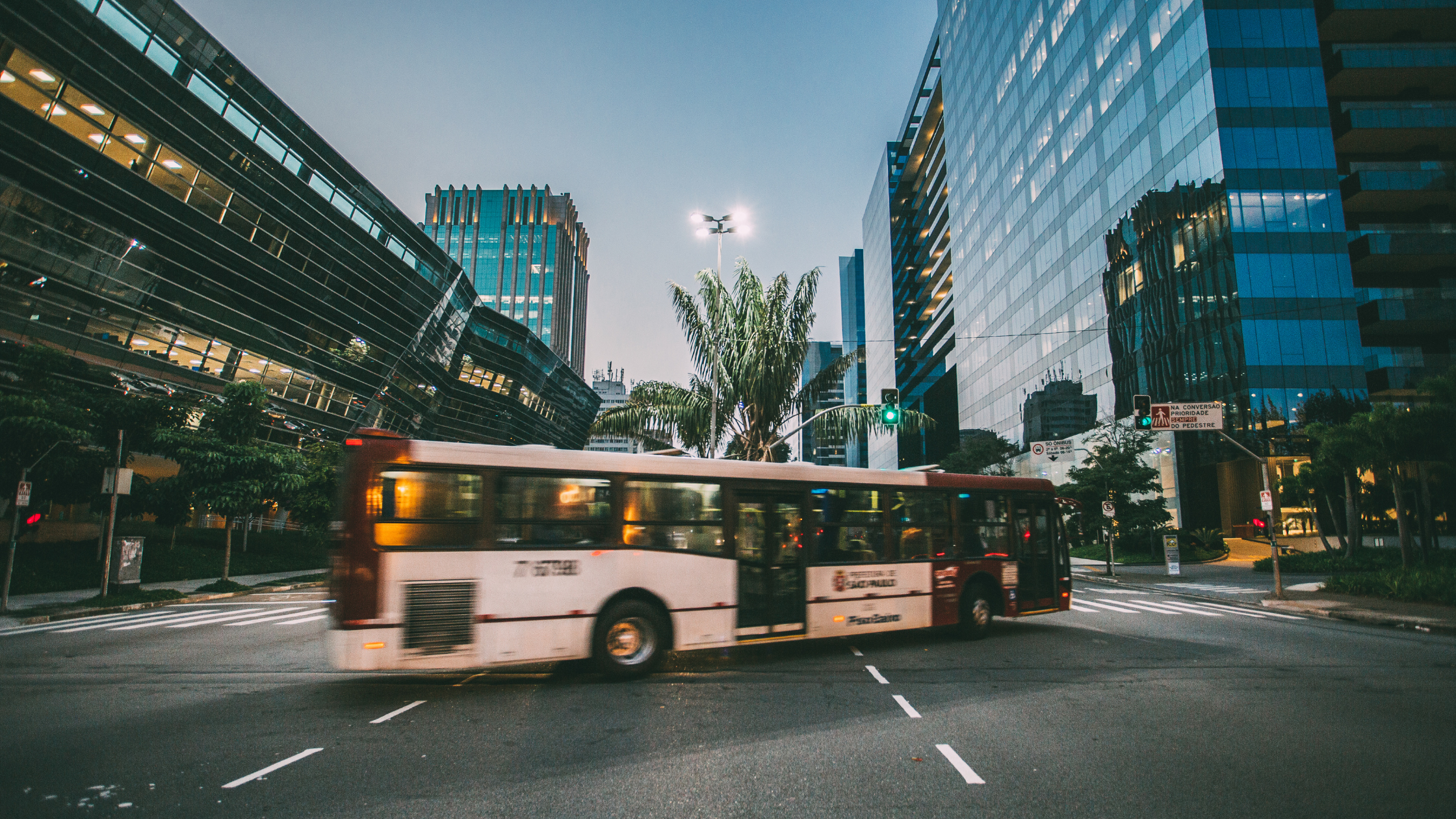
- Specified Skilled Worker/Technical Intern Training Visa
- 2025.04.01
Visa for foreign driver...
-

- Immigration Procedures
- 2025.03.19
Japan's pre-entry tuber...
-

- Designated Activities Visa
- 2025.03.11
What happens if visa ex...
-

- Spouse Visa
- 2025.03.11
Is an income required w...








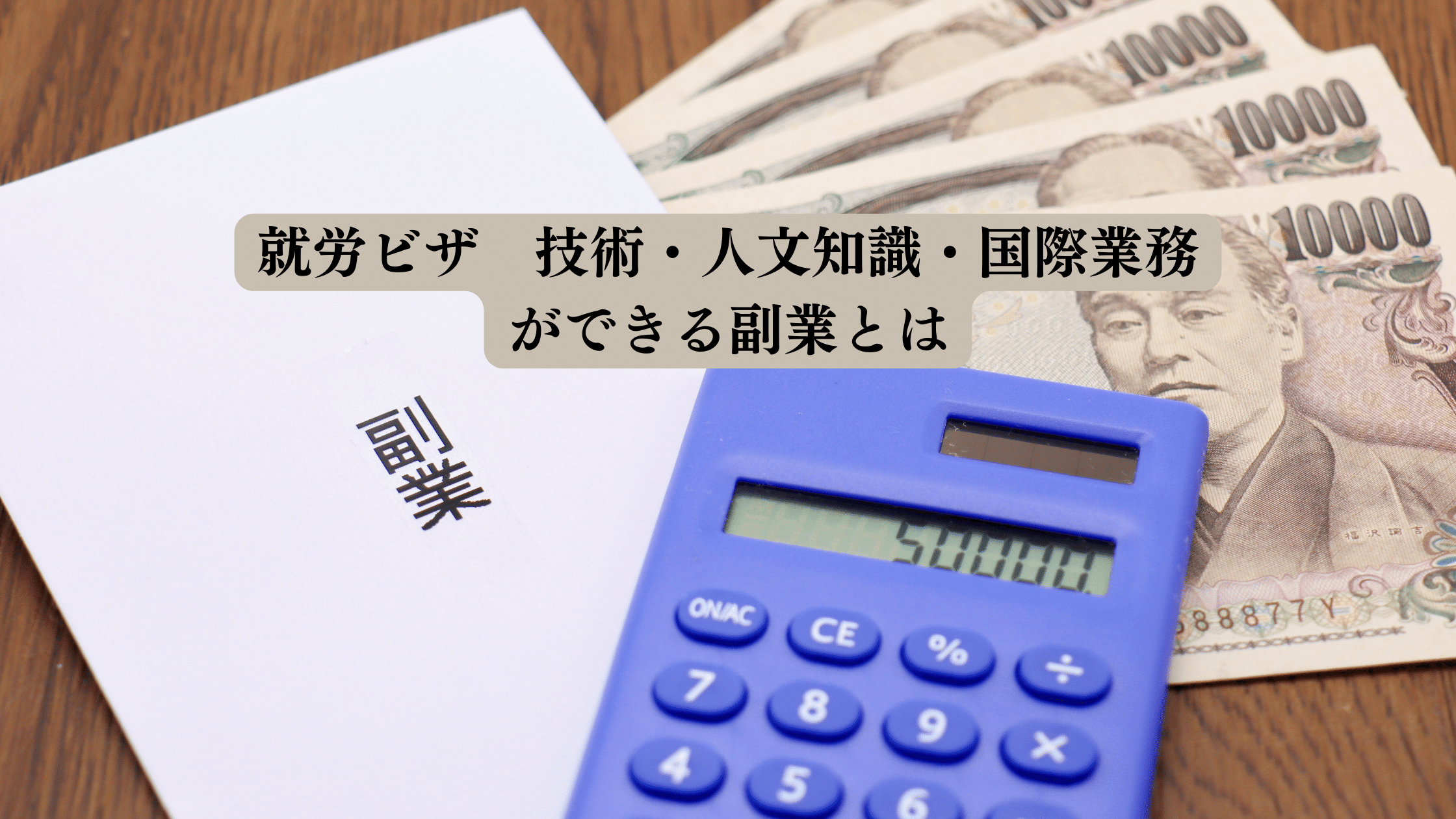

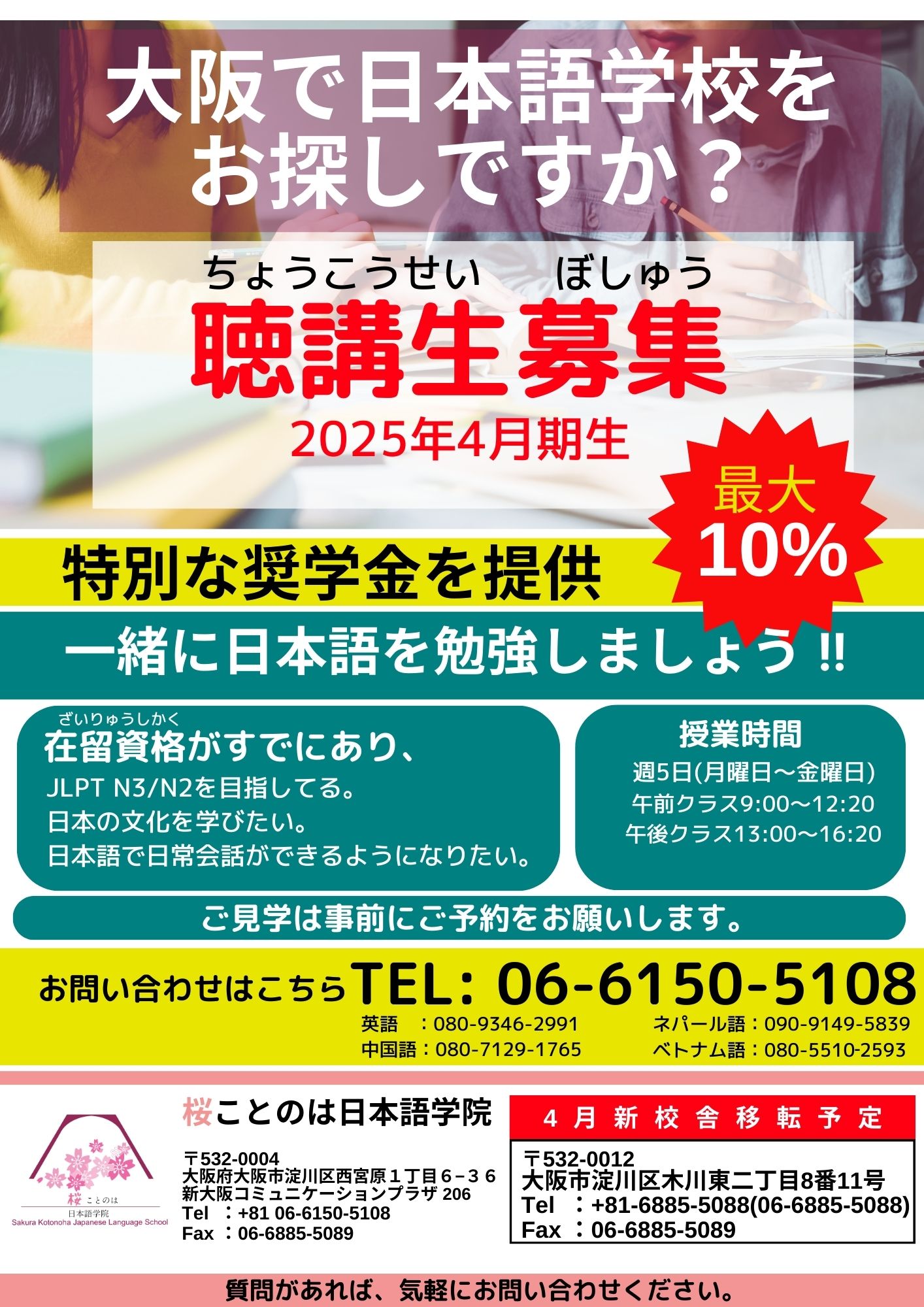



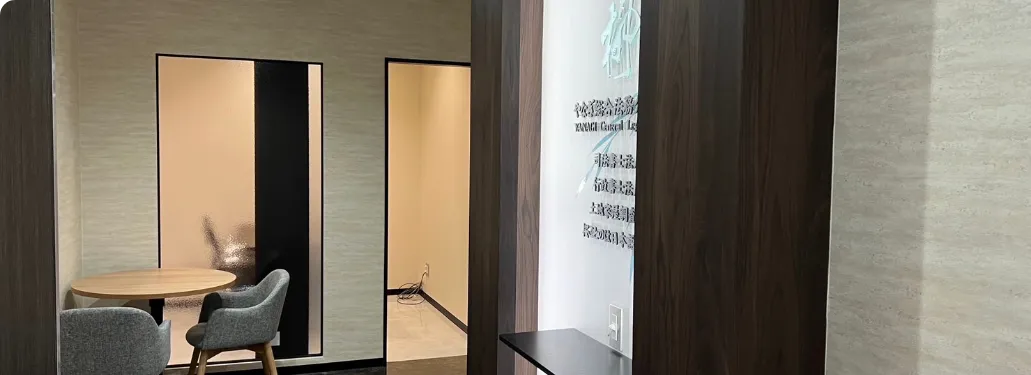
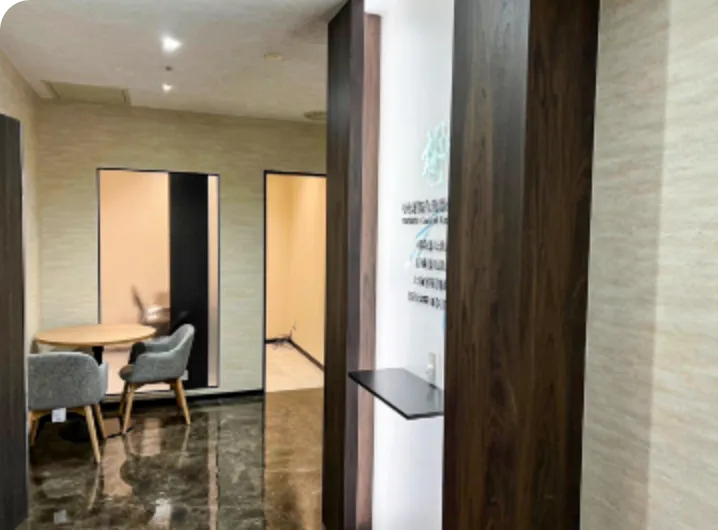
 0120-138-552
0120-138-552 Free
Consultation
Free
Consultation Contact Us
Contact Us